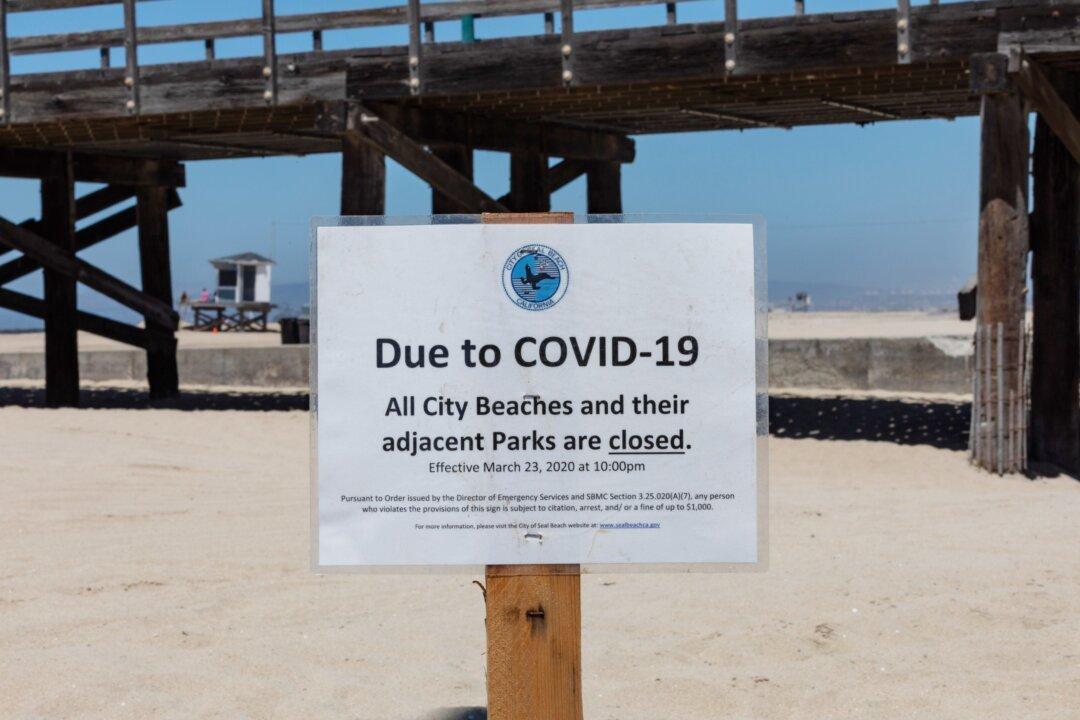Commentary
I can’t escape COVID restrictions. Irrespective of my vaccination status, my personal risk profile, or my individual desires, they follow me everywhere. I live in New York City. I can’t go into a subway, coffee shop, gym, museum, restaurant, or college class without confronting them. But, with time, the precautions have made less and less sense.





